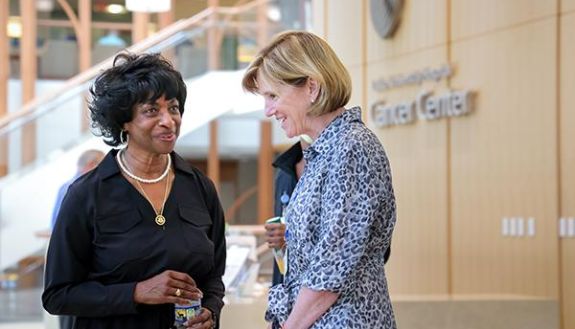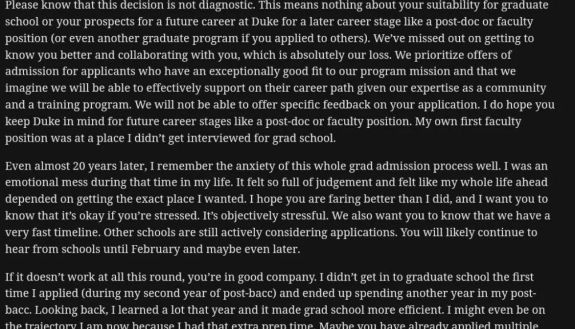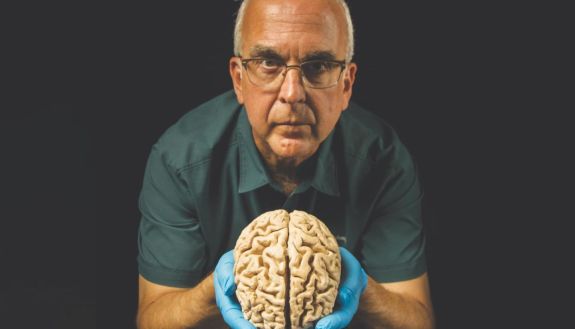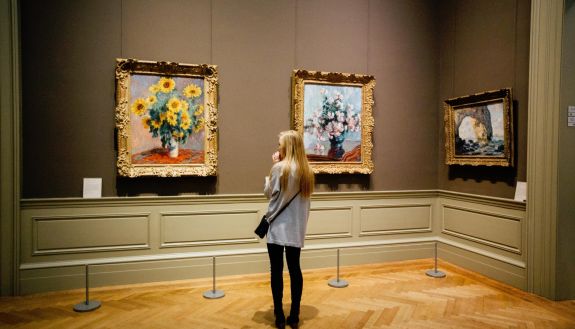
September 4, 2025
‘Duets’ Podcast: Exploring Mental Health and the Justice System
Read on Trinity College of Arts & Sciences

September 4, 2025
Read on Trinity College of Arts & Sciences

September 4, 2024
Read on Office of Interdisciplinary Studies

August 15, 2024
Read on Department of Neurosurgery





November 27, 2023
Read on Duke Magazine

November 6, 2023
Read

October 26, 2023
Read on School of Medicine





July 24, 2023
Read on Giving at Duke